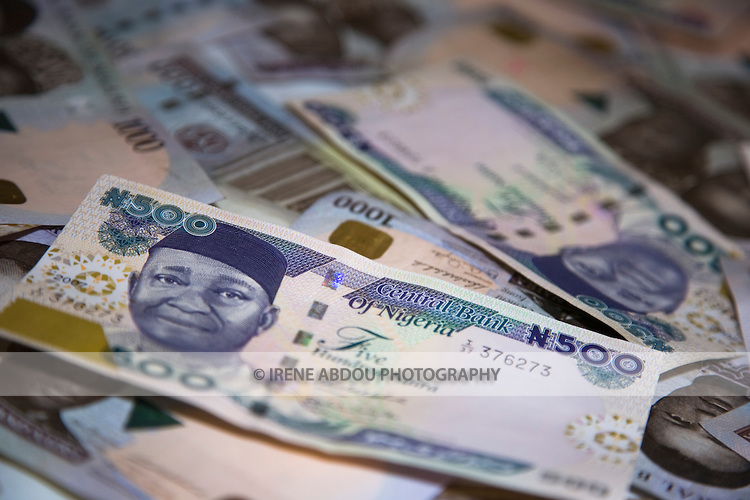Following the Central Bank of Nigeria (CBN)’s decision to redesign the Nigerian Naira notes, the Naira to Dollar exchange rate plunged to N800 at the unregulated parallel market, popularly known as the black market during the weekend.
This, currency traders in that section of the foreign exchange market attributed to the sudden decline in the Naira due to the surge in demand for the U.S. Dollars by suspected hoarders looking to offload their Naira holdings ahead of the new naira notes scheduled for release on December 15, 2022.
However, at the interbank forex section managed by the CBN, the local currency remained fairly stable against its global counterparts. Trading at N438.5 against the United States Dollar; N507.5638 against the Pounds Sterling and N439.6401 to a Euro last week.
At the Investors and Exporters forex window, the Naira was exchanged at N444.75 to a United States Dollar on Friday as the daily turnover moderated to $61.89 million.
Crude Oil
In the early hours of Monday, oil prices dipped by $1 on reports that the Chinese factory data, the purchasing managers’ index contracted as concerns COVID-19 restrictions could slow down demand for the commodity.
Brent crude oil, the international benchmark for oil, dropped $1.10, or 1.2%, to $94.67 a barrel at 8:15 am Nigerian time. While the U.S. West Texas Intermediate (WTI) crude oil stood at $86.83 a barrel, down $1.07, or 1.2%.
However, on a monthly basis, Brent and WTI are up by 7.7% and 9.3% respectively. Their first monthly gain since May.
“The purchasing managers’ index (PMI) data contracting adds to the post-China congress party blues for oil markets. It is not difficult to draw a straight line from weaker PMIs to China’s COVID-zero policy,” said Stephen Innes, managing partner of SPI Asset Management.
“So long as COVID-zero remains entrenched, it will continue to thwart oil bulls.”
Cryptocurrency
The cryptocurrency space came alive during the weekend after Elon Musk reportedly announced plans to integrate cryptocurrency wallets into Twitter.
Dogecoin, a meme coined backed by Musk, gained 17% on Friday and added about 70% on Saturday to take its total gain to 87% within two days.
Bitcoin also picked up, rising above $20,500 a coin before pulling back 1.22% on Monday. Similarly, Eth, BNB and XRP have started paring gains amid a 72% decline in HUSD stablecoin after the Huobi exchange platform delisted it. HUSD dropped from $1 a coin to $0.28.








